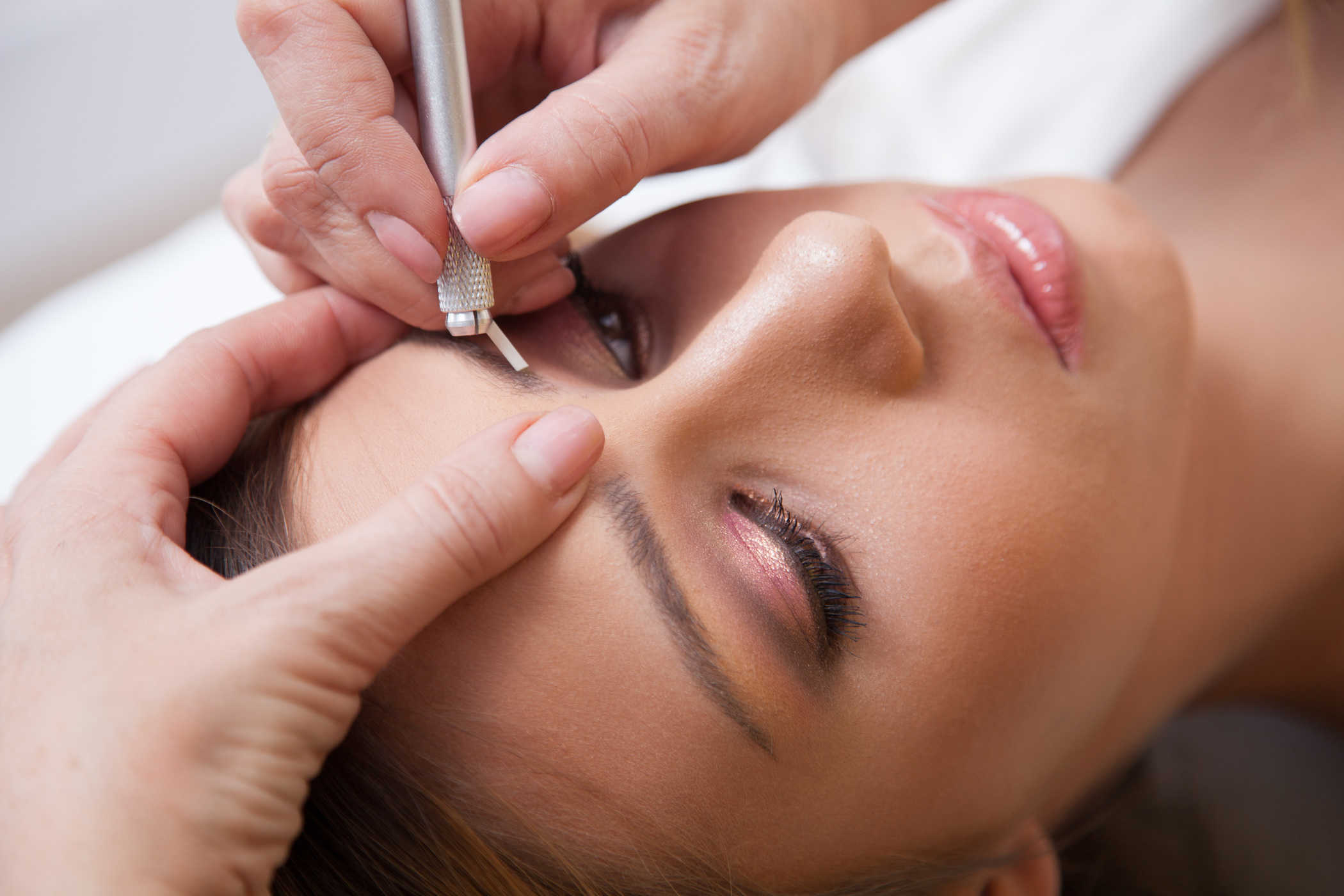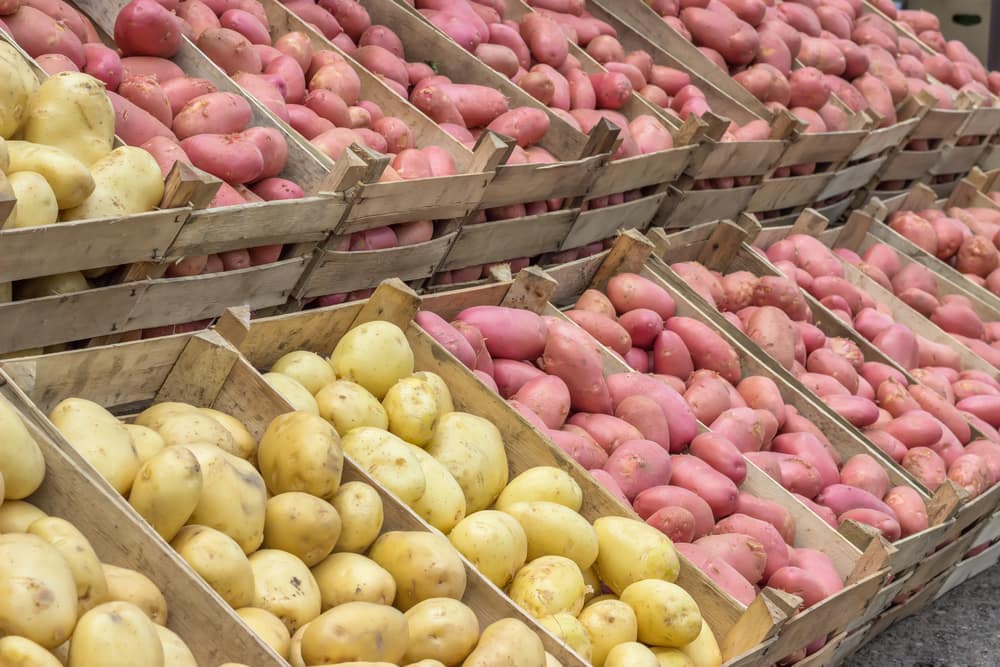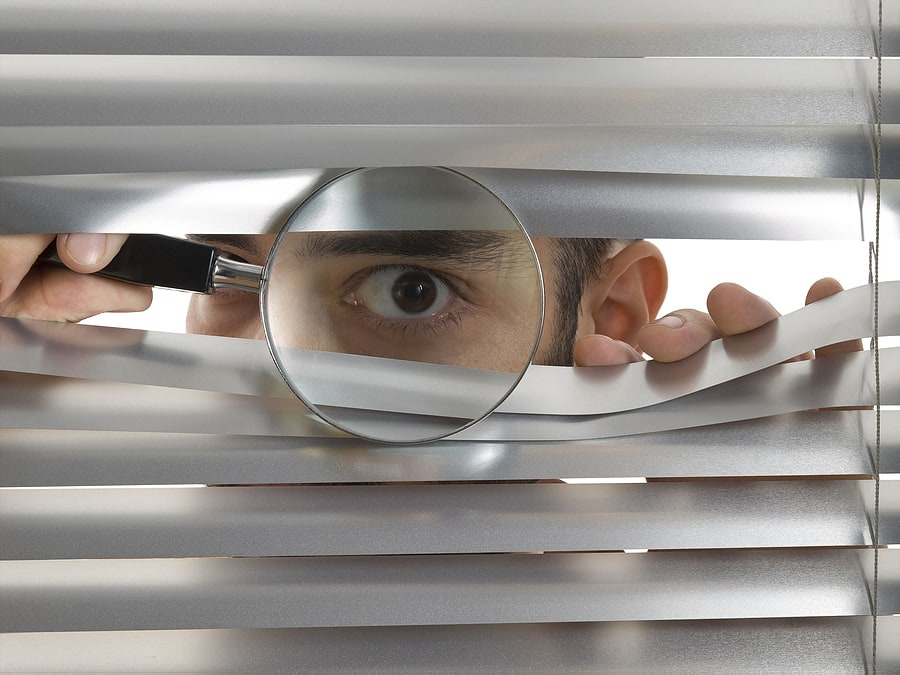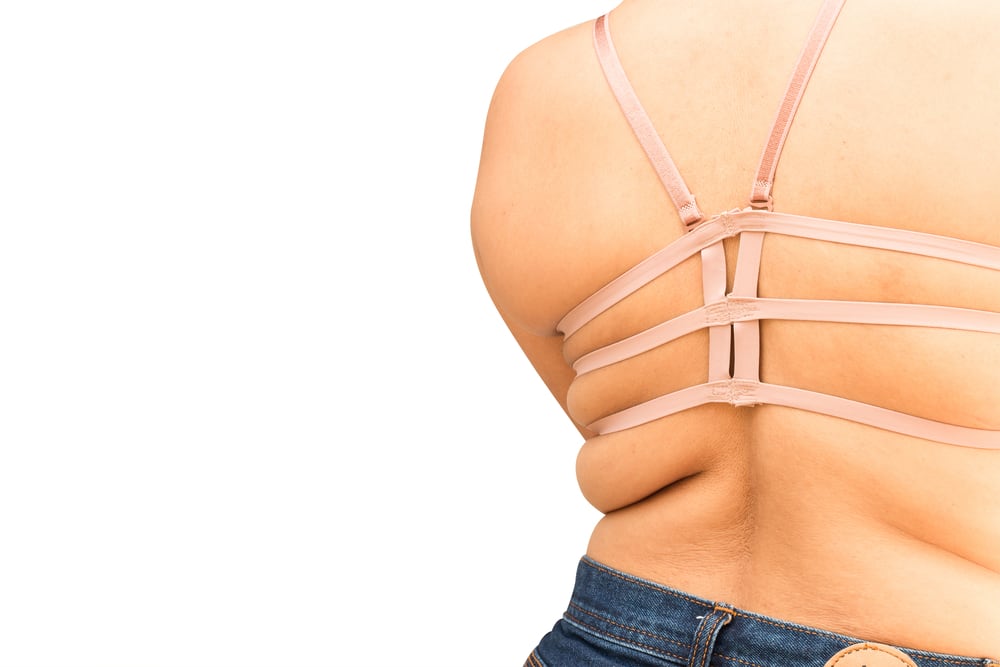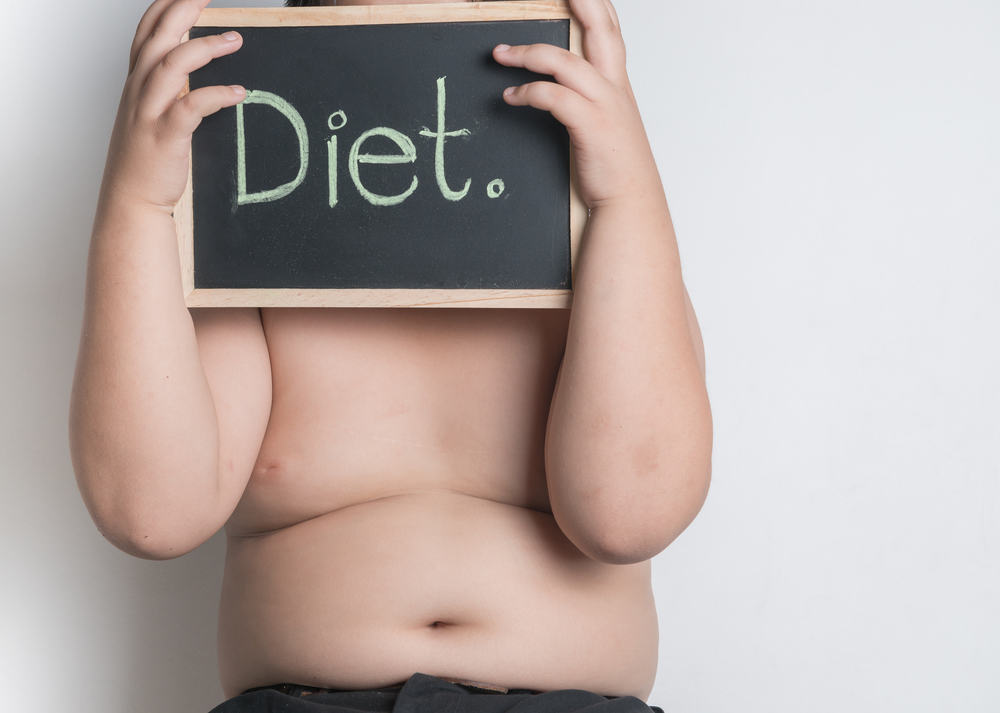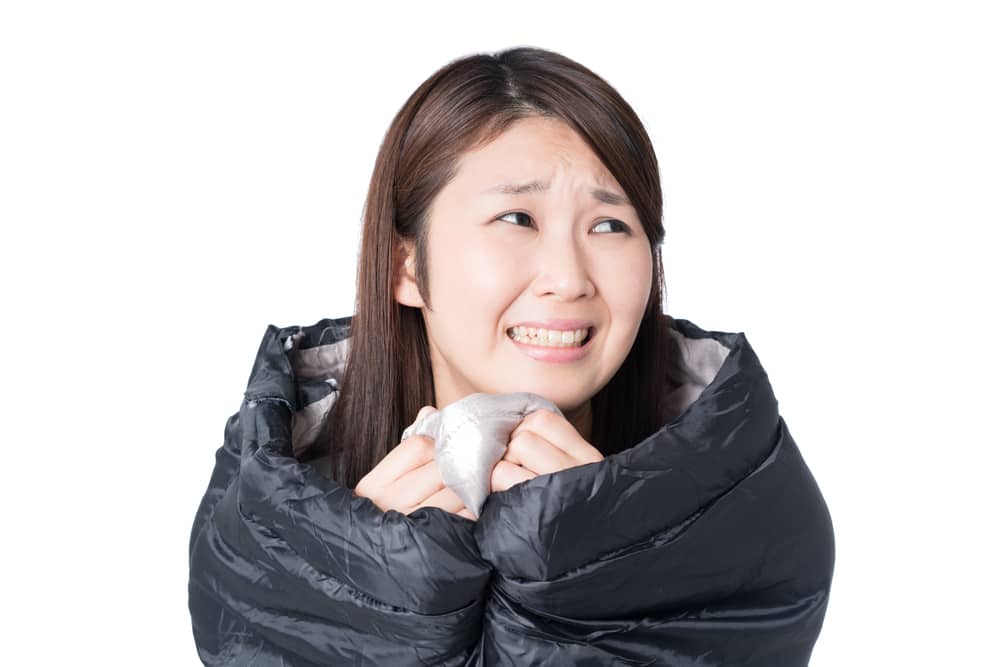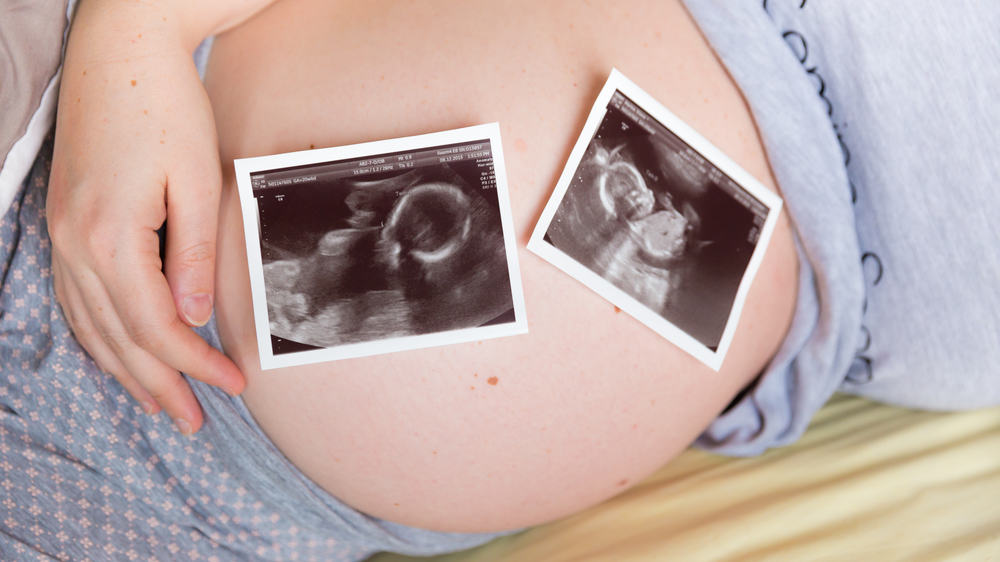Contents:
- Medical Video: Effectively Managing Chronic Kidney Disease - Mayo Clinic
- What happens if we experience kidney disease?
- Diet guide to reduce the risk of kidney disease
- Guide to healthy lifestyle changes to prevent kidney disease
Medical Video: Effectively Managing Chronic Kidney Disease - Mayo Clinic
Kidney disease is one of the most prevalent chronic diseases in the world. Based on the National Kidney Foundation, an estimated 1 in 10 people in the world experience chronic kidney disease. Kidney disease ranks 18th as the most fatal disease in the world. Even in Indonesia itself, the total costs disbursed by BPJS for the treatment of kidney disease are ranked the second largest after heart disease.
Kidney disease can be fatal. See how to prevent kidney disease in this article.
What happens if we experience kidney disease?
The kidneys function to cleanse the blood from waste and excess fluid, maintain the balance of salt and minerals in the blood, and help regulate blood pressure. The damage to the kidneys causes this organ to no longer carry out its functions. As a result, waste products and fluids can accumulate in the body which eventually causes various symptoms.
Kidney disease is a developing problem. Anyone can develop kidney disease, regardless of age or race. Kidney damage can occur slowly (more than three months to years). This is called chronic kidney disease, which usually presents as a complication of diabetes or high blood pressure (hypertension). Conversely, if the damage occurs suddenly - for example due to illness, injury, or because of side effects of certain drugs - this is called acute kidney disease.
In addition, the inflammation of the kidneys, cysts in the kidneys, malignancies, diseases that attack the circulatory system such as lupus can also cause kidney failure.
Generally, kidney disease can make you feel weak, tired, and often nausea-vomiting. In addition, kidney disease can also cause other diseases such as hypertension, anemia, bone disorders, and electrolyte balance disorders in your body.
Diet guide to reduce the risk of kidney disease
- Eat healthy food. Expand to consume fruits and vegetables. Avoid eating foods that contain lots of fat and purines, such as innards. Foods that are high in purines can increase uric acid levels which can ultimately interfere with kidney function.
- You can apply the DASH diet which aims to prevent or reduce blood pressure if you have hypertension. The DASH diet emphasizes reducing consumption of saturated fats and cholesterol, to be replaced with more sources of protein, fiber, vitamin and mineral fiber.
- If you want to consume milk, cheese or similar products, choose low-fat ones.
- Limit intake salt does not exceed 1 teaspoon, sugar up to 4 tablespoons, and maximum fat 5 tablespoons.
Guide to healthy lifestyle changes to prevent kidney disease
Kidney disease can occur in people who have healthy kidneys or someone who has had kidney problems before. Children can also get kidney disease. Although in children, kidney disease is caused more by congenital kidney abnormalities or urinary tract damage at birth.
So besides starting to compile a healthier and more nutritious daily diet menu, some of the following simple lifestyle changes can also help you and your family prevent kidney disease.
- Avoid factors that can trigger the emergence of diseases that can make you susceptible to kidney disease, such as diabetes and hypertension.
- Sufficient body fluid needs by consuming enough fluids. Eat at least 2 liters of water per day. Remember, you can not only get liquids from drinks, but also foods like soup and vegetables and fresh fruits that contain lots of water.
- If you include active exercise, just need more fluid needs.
- Do exercise regularly. Exercise can keep your weight stable and lower your blood pressure.
- Be careful when taking drugs and supplements. Some supplements contain high amino acids which can interfere with the kidneys. If you want to take supplements, consume them according to the rules used on the packaging. Also make sure the medicines you drink are safe. Especially if you take herbal medicine especially in the form of concoctions, make sure the drug is registered with BPOM.
- Avoid smoking because it can cause damage to blood vessels and increase your blood pressure. Increased blood pressure can cause disruption of kidney function.
- Avoid stress by doing things that can make you happy, such as exercising, doing yoga, listening to music or even chatting with friends.


